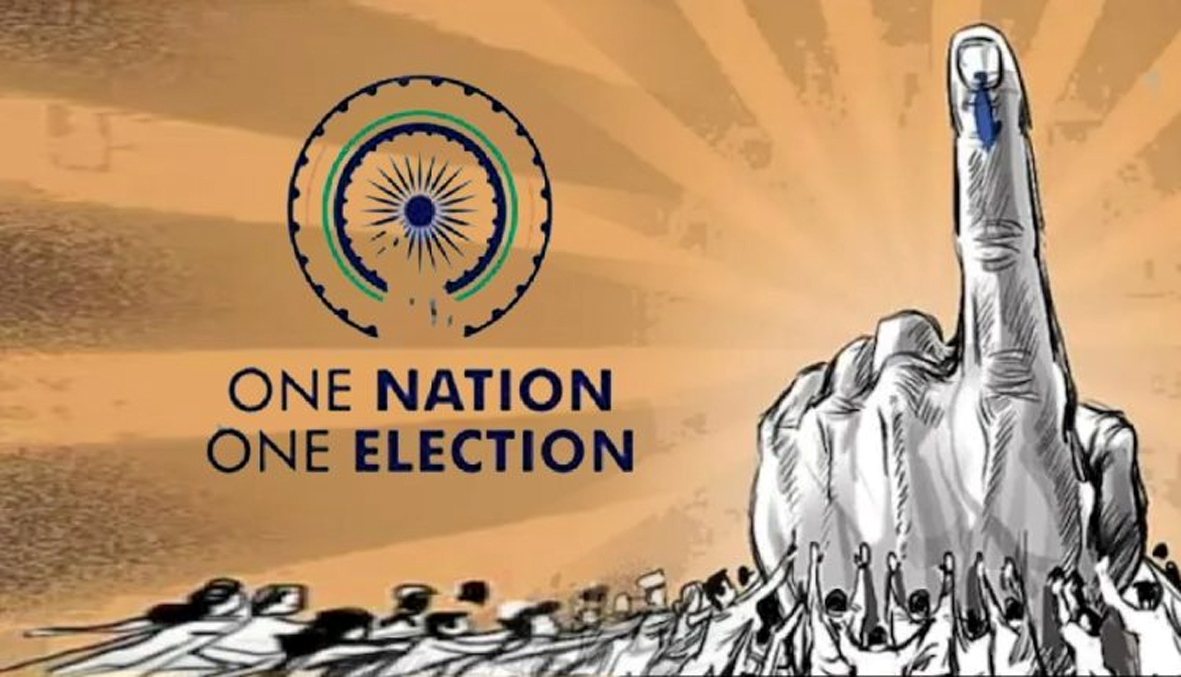
One Nation One Election: One Nation One Election Bill will come in November December, Cabinet approved the proposals of the bill, elections of both the means of Parliament together.
One Nation One Election is a topic of much discussion these days, which means that assembly elections should be held along with Lok Sabha in the country. Regarding this, the proposal that was put forward in the Union Minister on Wednesday has been approved by the Union Cabinet and now this bill will be presented in Parliament in the winter session i.e. November-December.
After getting its approval, in the cabinet meeting, Ashwini Vaishnav said that 'Assembly and Lok Sabha elections will be held together in the first phase. After this, within 100 days, civic elections should be held together in the second phase.
Process done on One Nation One Election.
Regarding One Nation One Election, the committee headed by President Ram Nath Kovind formed the panel on March 14, on September 2, 2023, submitted its report to President Draupadi Murmu, this report was in 18 thousand 626 pages.
5 suggestions of Kovind panel.
1. The term of all the state assemblies is to be extended till the next Lok Sabha elections i.e. 2029.
2. The Kovind panel suggests that in case of a hung assembly like a confidence motion, fresh elections can be held for the remaining 5 years.
3. For this, it is suggested to conduct Lok Sabha-Assembly elections together in one phase and only after this, local body elections can be conducted within 100 days in the second phase.
4. The Election Commission is to work after consultation with the Lok Sabha, Assembly, local body elections, state election officers to prepare a single voter list and voter ID card.
5. The Kovind panel has recommended advance planning of equipment, manpower and security forces for conducting simultaneous elections.
Benefits of One Nation One Election.
With the implementation of the One Country-One Election process, the tenure of many state assemblies will be reduced and along with this, the tenure of those states where assembly elections have been held at the end of 2023 can also be extended. It has been told in its report that if all the parties agree on the proposal of the Law Commission, then it will be implemented from 2029 itself, assembly elections can be conducted in 25 states by December 2026.
6 states in the first phase, voting: in November 2025.
The current term in Bihar will be completed. The next one will be only three and a half years. The current term of Assam, Kerala, Tamil Nadu, West Bengal and Puducherry will be reduced by 3 years and 7 months. When all the parties agree on the proposal of the Law Commission, then it will be implemented from 2029 itself. 11 states in the second phase, voting: in December 2026, Uttar Pradesh, Goa, Manipur, Punjab and Uttarakhand: The current term will be reduced by 3 to 5 months. After that it will be two and a quarter years.
Gujarat, Karnataka, Himachal, Meghalaya, Nagaland, Tripura: The current term will be reduced by 13 to 17 months and the next one will be two and a quarter years. After these two phases, the term of all the assemblies of the country will end in June 2029.
Work of One Country-One Election Committee.
To explore the possibility of conducting simultaneous elections of Lok Sabha, Assembly, Municipality and Panchayats under the Constitution and other legal framework.
For this, to examine and recommend amendments in the Representation of People Act and other rules. If the support of the states is needed for the constitutional amendment, then to recommend it.
If after the election the House is hung, there is defection or any situation arises due to no-confidence motion, then to find a solution for it.
Providing a framework for simultaneous elections, if simultaneous elections are not possible, then suggesting the phases and timelines for doing so and making other necessary recommendations.
Recommending necessary security measures and constitutional amendments so that the cycle is not broken after the start of simultaneous elections.
Assessing the requirements of EVMs, VVPAT, manpower and other requirements for conducting simultaneous elections.
Recommending the creation of a single voter list and voter ID for Panchayat to Lok Sabha elections.



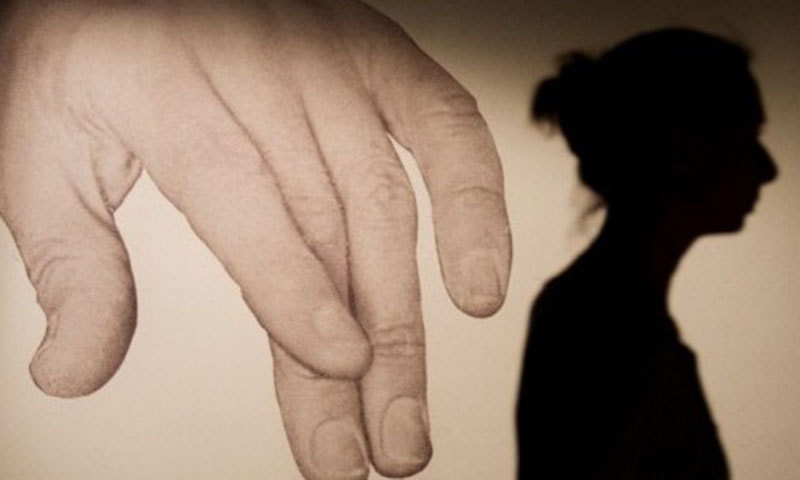

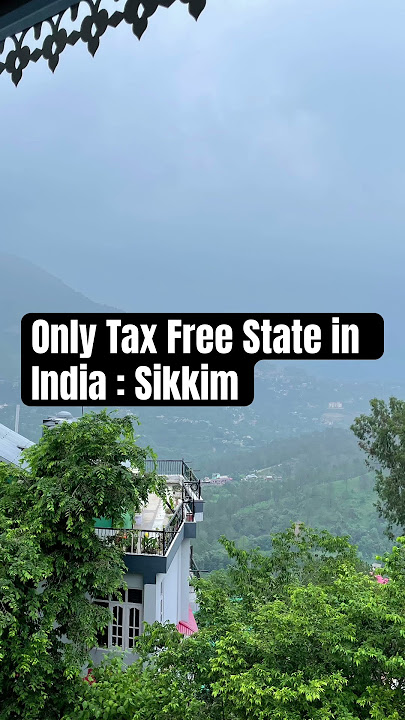
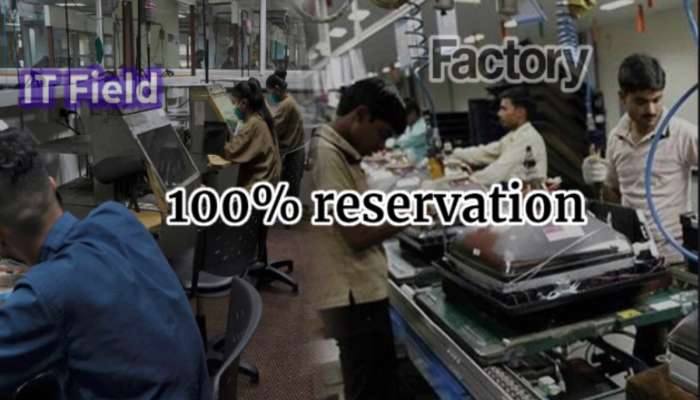
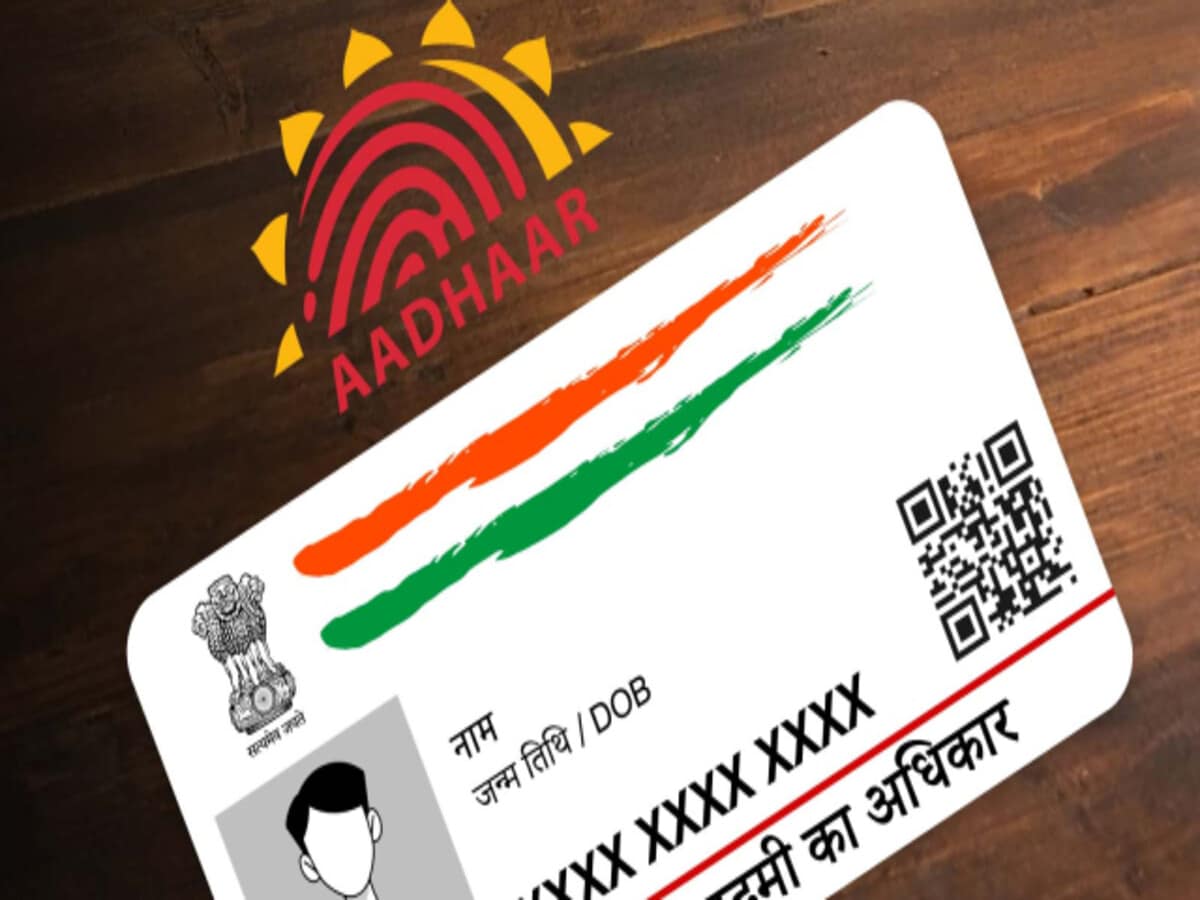

Comments
LEAVE A REPLY
Your email address will not be published